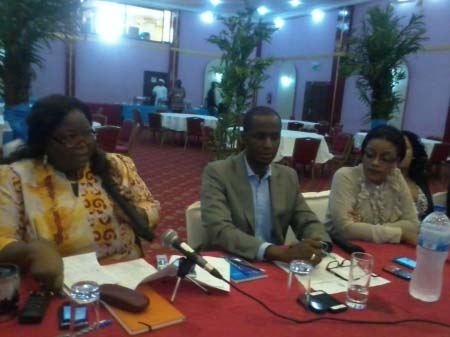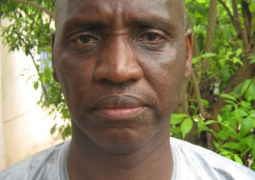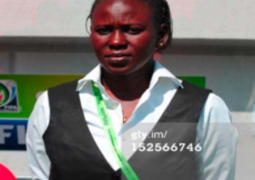
The purpose was to expose the stakeholders on the overview of the Food Safety and Quality Authority (FSQA) and its mandate, as well as the FAO mandate and its role in food safety and quality.
Speaking at the launching, the deputy director of FSQA, Madam Zainaba Jallow, told the gathering that Food Safety and Quality Authority (FSQA) of the Gambia received a project preparatory grant from the Standard and Trade Development Facility (STDF) for the strengthening and operationalisation of the directorate of Food Control and Scientific Affairs of the FSQA.
She pointed out that the FAO had been selected to supervise the implementation of this project of US$ 50,000 that FSQA received from Standard and Trade Development Facility.
According to the FSQA deputy director, the grant was initiated by codex through the Ministry of Trade. The grant was supposed to help the authority to work towards the development of a five-year proposal of the operationalisation of the directorate of food control and scientific affairs.
She noted that the FAO was selected and decided to complement the effort of the STDP by contributing an additional US$53,000 that would be used for further training of the two directorates of the authority, which was why the FAO consultant was in the country for the first mission, saying training would start soon with various ministries and departments.
Madam Jallow thanked the participants for responding to their call, saying the forum was also a learning and sharing experience process.
In her speech, FAO Representative Perpetua Katepa-Kalala, said food safety is a global priority that fits closely to FAO mandates as most people are aware it was an integral part that defines a holistic approach.
She noted that the FAO is in the process of formulating food safety strategy which would assist them to do better in the way the system support member countries, which The Gambia is part in achieving food safety and quality.
The FAO Rep added that at the moment there is quiet momentum on the African continent for food safety, noting that the new African Union food safety authority had been created in recent months and the African Union system on feed and foods safety had also been proposed.
It means that there israpid increaseinfood safetyand food qualityin achievingfood security, she said, adding that there is a lot of effortin supportingthe processofstrengtheningfood safetyand food quality.
She highlighted the need to have the right personnel working with the FSQA, so the result is sustainable and implemented in a holistic manner.
She said it is capacity development FAO want, which it exactly brought to the table, adding that building with billion food control system is necessary.
Madam Katepa-Kalala emphasised the need for people to have access to quality food for better health, trade, and quality of food to determine how to access market, both internally and internationally.
Therefore, quality food is highly needed and coming up with relevant food safety mechanism in place is key for national endeavour, she said.
She urged other actors to participate more in achieving food safety and quality food in the interest of the population and the need to support the FSQA to have access to market opportunities.
Muhammed Sillah, chairperson of the board of directors of FSQA, said the FSQA was very delighted to be associated with the FAO in the endeavour to develop a proposal towards the operationalisation of the food control and scientific directorate in helping to build the capacity of the staff.
He called for team work and commitment to support the FSQA to ensure food safety and quality control.




